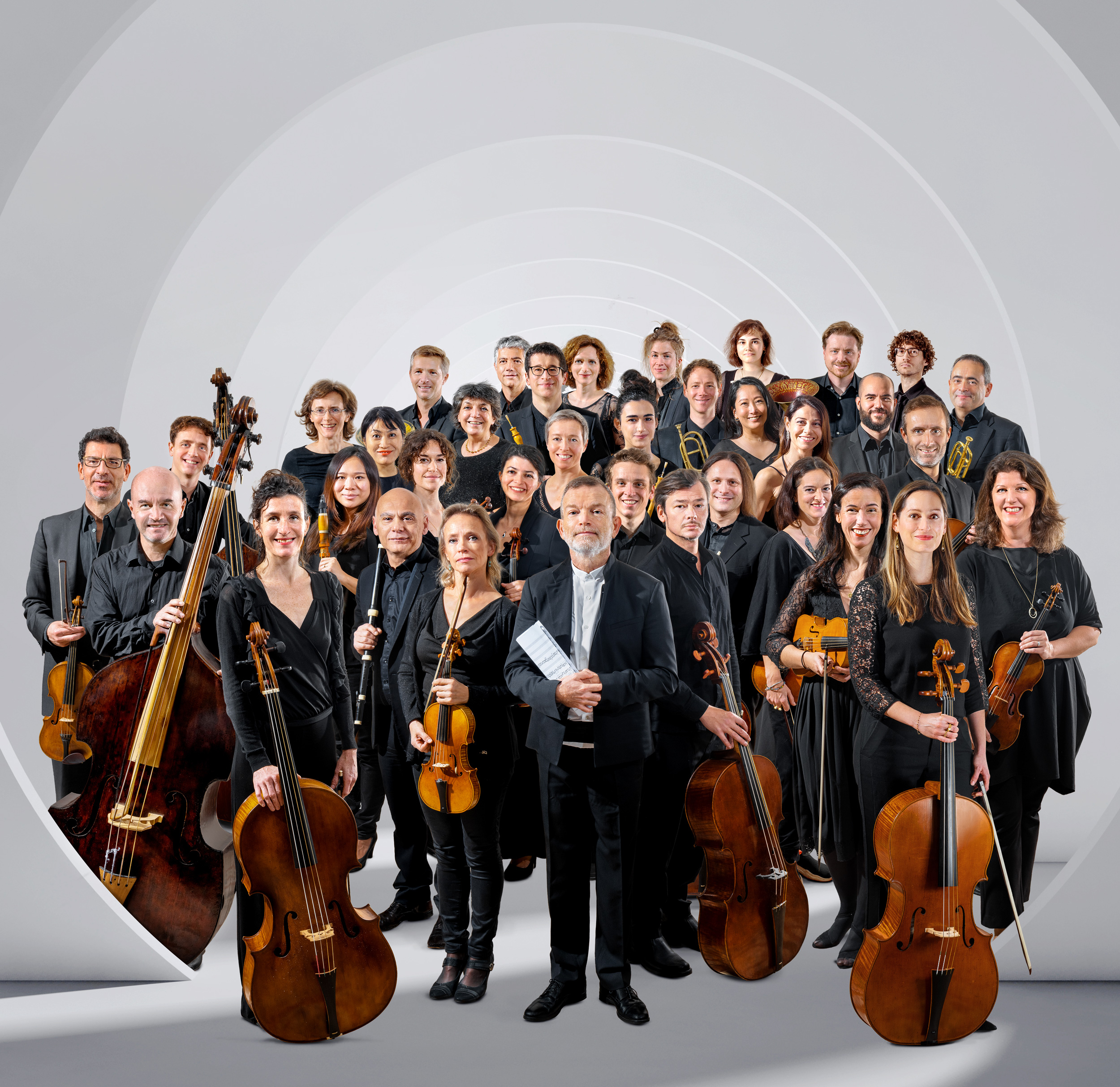SANDRINE PIAU
Aroma di Roma
Candlelight Concert | Christophe Rousset | Les Talens Lyriques
The French soprano Sandrine Piau is one of the most sought-after singers in her category. Her fruitful collaboration with Christophe Rousset and Les Talens Lyriques has been going on for more than two decades. In their new programme Aroma di Roma, they are now exploring the music of the Eternal City together. Nearly every important eighteenth-century composer journeyed to Rome to glean inspiration from the city’s pulsating cultural life, and this, although the Church State strictly limited the practice of music: women were forbidden to take the stage, theatre and opera performances were continually being cancelled! No wonder the cantata flourished in Rome – a genre which is difficult to define and came to the fore particularly in Rome because of their latent theatricality.
George Frideric Handel set up his first musical monument to the mother of the Roman emperor Nero with his cantata Agrippina condotta a morire, probably written in Rome. The pangs of dispriz’d love voiced by Domenico Scarlatti in his cantata Tinte a note di sangue (Written in Blood) is on a par with every other passionate scene on stage; and the French composer Michel Pignolet de Montéclair was also inflamed by Rome’s aura to produce an Italian-language cantata on the death of the Roman heroine Lucretia. Aroma di Roma relates in breathtaking secular cantatas that all was not holy all the time in the heart of the Church State.


